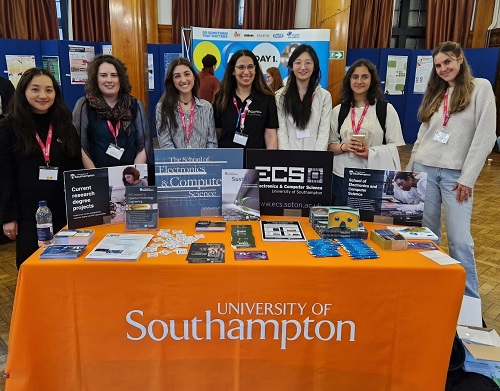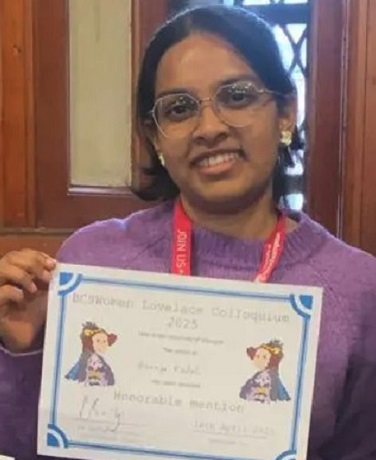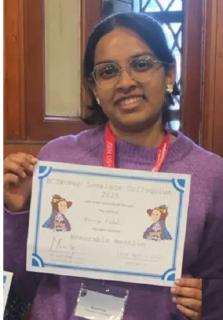The University of Southampton’s School of Electronics and Computer Science (ECS) is proud to be a founding academic partner in the newly announced Siemens Cre8Ventures Open Higher Education Program, launched in collaboration with Arm and Siemens Cre8Ventures to drive semiconductor innovation and bridge the gap between academia and industry.
This program creates a unique pathway from classroom concept to commercial deployment, offering participating students design kits, entrepreneurial bootcamps, and access to the Siemens Digital Twin Marketplace, alongside Arm’s Academic Access and startup tools. Its structured stages, Proof‑of‑Technology, Proof‑of‑Concept, and Proof‑of‑Value, enable projects to evolve from ideation to investor‑ready startups, with support from both corporate networks and Southampton’s lab-to-fab expertise.
As a founding partner, ECS brings world-class capabilities in AI, cybersecurity, embedded systems, and semiconductors, positioning the University at the heart of Europe’s semiconductor innovation and skills pipeline.
Key program benefits include:
- Industrial-grade access to the Siemens Digital Twin Marketplace and EDA tools
- Arm’s Academic Access, Flexible Access for Startups, developer training, and communities
- Hands-on workshops, design‑kit experiences, and entrepreneurial bootcamps
- A clear route from Proof‑of‑Technology through Proof‑of‑Value, leading to prototype-ready spinouts
- Market validation and access to Siemens’ and Arm’s global networks
Professor Sarah Morris, Deputy Head of School in ECS for Knowledge Exchange and Enterprise, said:
"The program is a powerful catalyst for translating research excellence into commercial and societal impact. By working alongside Siemens and Arm, we can provide our innovators with the resources, mentorship, and networks needed to turn great ideas into market-ready technologies, strengthening the UK and Europe’s semiconductor ecosystem."
Professor Harold Chong, Head of Smart Electronic Technologies (SET) Group in ECS, added:
"This initiative provides our students with unprecedented opportunities to work with industry-standard tools and processes, bridging the gap between their academic studies and the real-world demands of the semiconductor industry. It perfectly aligns with our mission to integrate cutting-edge research into education, ensuring our graduates are ready to lead in this rapidly evolving field."
The University of Southampton, along with Siemens Cre8Ventures and Arm, is also actively engaging with other universities and Chips Act Competence Centres across Europe to expand the program’s footprint, contributing to the European Union’s sovereign semiconductor ambitions
About ECS
As one of the world's largest electronics and computer science schools, we have a strong culture of research and innovation across advanced electronics and semiconductors, artificial intelligence, electrical and electronic systems, cybersecurity, digital health and biomedical engineering. The economic and societal impact of our research is substantial, reflected in 100% of research impact being rated world leading by the UK Research Excellence Framework in 2021. This is underpinned by an exceptional interdisciplinary environment integrating education, research and enterprise with some of the best facilities in Europe including the Zepler cleanroom complex. Recognised by an Athena Swan Silver award, ECS is committed to translating cutting-edge research into real-world impact, nurturing talent, and driving innovation with industrial and academic partners.
Further information
For more details, please refer to the official announcement on the Siemens Cre8Ventures Open Higher Education Program.


